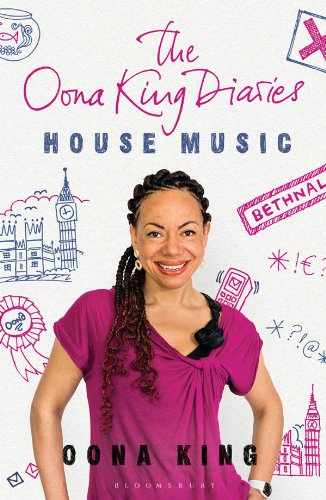Benedict Cumberbatch deserves thanks for dipping his toe into the troubled waters of broadcasting diversity. He raised the thorny issue of his black acting friends not getting the same opportunities as white actors, particularly here in the UK. His accidental use of the derogatory term "coloured" promptly flung him into the linguistic swamp that mires race. This swamp is conscientiously patrolled by the PC diversity brigade, and as a reward Benedict had his head bitten off – a sort of linguistic version of sharia.
As a diversity executive with Channel 4 (often viewed as a member of the PC brigade) I realise I too will have my head bitten off for writing that last sentence. And as someone who studied Islam at university, and has a great respect for that religion, I know there are too many lazy and ignorant interpretations of sharia in the press. But here's the point: too often we get overly exercised by individual words, or throwaway lines, instead of stepping back to see the wider meaning.
Don't get me wrong. I understand the importance of language. As a mixed-race person who grew up labelled "half-caste", I knew those words stained and demeaned me. But when my white gran, for example, used the term "half-caste", it wasn't because she thought I was inferior or wanted me to leave the country. She left school at 13, worked in a cigarette factory, never met a black man until my Mum married one, and only ever heard mixed-race people referred to as half-caste. It was all she knew.
I recognise that Benedict – educated at Harrow, and whose great-grandfather was a consul general for Queen Victoria – has less ignorance to fall back on. But he works in America where most black people refer to themselves as "people of colour", and he no doubt conflated that with "coloured people". And he also may not realise why black people reject the term "coloured": it is too closely associated with the evils of segregation and Jim Crow laws that enslaved an entire racial group.
For my black grandfather – born in 1893 in the Southern Bible Belt to parents who were little more than slaves – the term "coloured" came to represent everything that dehumanised him. My granddad would be perplexed to find that today a black man is President, yet it's hard for black people to find good acting roles.
Race relations in Britain are better than in America. Even if we don't seem that close to a black Prime Minister, at least we don't battle the legacy of slavery.
So why is it we can't offer our black actors less limiting roles? Why can't we stop typecasting them by race? Why must Asian actors mainly choose between playing corner-shop owners or terrorists? This issue of typecasting was Benedict's wider point, and make no mistake, overcoming it is of critical importance to Britain's creative industries.
If we fail to use the talent we have, we gift our talent to our competitors. Given the value of the creative industries to Britain (look on our cultural TV exports as a more-PC version of Empire), it's a mistake we can't afford to make. It's a scandal that talented black actors have to leave British airspace to climb out of the "black box"; to find roles on TV that aren't subservient or stereotypical.
And yet even Hollywood films with "black subject matter" that break out of the black box into the mainstream still have one thing in common. The clue is in their title: The Help, The Butler, 12 Years a Slave. These are incredible films – especially Steve McQueen's masterpiece – but our popular culture only seems able to absorb a subservient narrative of the black experience, while there are so many other narratives waiting to be told. I'm immensely grateful to Benedict Cumberbatch for pointing this out, because no one's going to listen to a diversity executive when they can listen to a Hollywood star.
Put simply, we need more white men to take an interest in "diversity". We'll only make progress when everyone takes responsibility for diversity, including those who haven't had to think about it much before. Channel 4 – and all the main British broadcasters – have been thinking about it a lot recently. At Channel 4, we've launched our 360 Degree Diversity Charter to "turbo-charge" diversity not just across Channel 4, but hopefully across our industry too. It's "360" because it includes everyone. Especially white men called Henry, Felix and Benedict.
We want to smash the barriers that limit talent from under-represented groups, whether in terms of gender, disability, age, class or sexuality (have you noticed the gay men on TV are often comedians? Graham Norton, Stephen Fry, Alan Carr…)
So if a white man takes an interest in diversity, don't bite their head off or issue a fatwa. Give them an Oscar. But take note that not a single black actor was nominated for an Oscar this year, not even the British actor David Oyelowo for his truly extraordinary performance as Martin Luther King in Selma. Now there's a film that explodes the subservient narrative. Martin Luther King had a dream, but he also had a strategy. The dream hasn't yet come true in British broadcasting, but as far as the strategy goes, we're finally on our way.
Oona King is Channel 4 diversity executive and a Labour peer. See the 360 Diversity Charter here:

